Academy’s Monthly Bulletin: April 2024


Academy's Monthly Bulletin: April 2024
A Monthly Newsletter Dedicated to Our Academy Membership Community!
Academy's Update for April 2024:
Here is the summary of our upcoming Lectures, YouTube videos & Updates for April 2024:
(1) PEFA Facebook Live #2
Prepare for an informative Facebook Live session by Dr. Harvinder Singh, where he will discuss:
- Recent clinically relevant articles published in the field of psychiatry.
- Psychiatry Updates: New Treatment in Pipeline.
- Academy’s Updates.
- and many more …
(2) Transdermal Selegiline: Mechanism of Action
Transdermal administration offers an alternative route for drug delivery, bypassing the gastrointestinal system and delivering the medication directly into the bloodstream through the skin. In the case of selegiline, this method of delivery has been optimized to provide steady plasma concentrations while minimizing the risk of adverse effects.
But what exactly is its mechanism of action?
This YouTube video will delve into the fascinating mechanism of action behind transdermal selegiline, unraveling how this delivery method enhances efficacy while mitigating adverse effects associated with oral administration.
(3) Clinical Case Discussion: Psychotropics & QTc
1. Understanding Basics of EKG
2. What is QT and QTc interval?
3. Medical Causes for QTc Prolongation
4. Psychotropics & Non-Psychotropic causes for QTc Prolongation
5. Antipsychotics: High Risk, Moderate Risk & Low Risk
6. Antidepressants: High Risk, Moderate Risk & Low Risk
7. Other Medications: High Risk, Moderate Risk & Low Risk
8. Case Discussion
(4) How to Diagnose Apathy in Neurocognitive Disorders?
Alzheimer’s disease, a progressive neurodegenerative disorder, not only affects memory and cognitive functions but also takes a toll on emotions and motivation. Among the many behavioral changes associated with Alzheimer’s, apathy is one of the most common and challenging symptoms to manage.
Apathy, characterized by diminished motivation, reduced goal-directed behavior, and a lack of emotional responsiveness, is a common but often overlooked symptom in various neurocognitive disorders. This symptom can significantly impact the quality of life, not only for patients but also for their caregivers and families.
Our Academy’s YouTube video will aim to shed light on the nuanced process of diagnosing apathy in neurocognitive disorders: based on 2021 Consensus Diagnostic Criteria for Apathy in Neurocognitive Disorders.
(5) Journal Club #24 [for ABCC Pathway]
We will post our 25th journal club discussion on this article: “Fifty Years of Research on Schizophrenia: The Ascendance of the Glutamatergic Synapse”.
Dr. Harvinder Singh is discussing these articles from the ABCC track in a clinically relevant fashion. This will help you answer the multiple-choice questions on ABPN’s website to get the credits for each article discussion.
Topics Included in this Journal Club Discussion:
- 1976: pivotal point in the evolution of scientific psychiatry.
- What is the basis of Dopamine Hypothesis of Schizophrenia?
- Findings from Postmortem Brain Studies.
- Radiology Study findings in patients with Schizophrenia.
- Is Schizophrenia a Neurodegenerative Disorder?
- Role of Genetics: Risk Genes, Candidate Genes, GWAS & more.
- Role of Glutamate in Schizophrenia.
- NMDA Receptor: mechanism
- Understanding NMDA receptor from Rodent Studies.
- NMDA Receptor: CNV spanning 9p24.1
- NMDA Receptor: Role of Complement.
- Schizophrenia is clearly a disorder of Primary Cortical Pathology.
- Role of D-Cycloserine (partial agonist), and Glycine & D-Serine (full agonists).
(6) Clozapine Level: Therapeutic Drug Monitoring
Clozapine, a cornerstone in the treatment of treatment-resistant schizophrenia, is known for its efficacy in patients who have not responded to other antipsychotic medications. However, its use comes with the need for meticulous monitoring due to its narrow therapeutic range and potential for severe side effects, including agranulocytosis and myocarditis.
Measuring clozapine levels is crucial in ensuring therapeutic efficacy while minimizing risks. This YouTube video will delve into the intricacies of measuring clozapine levels, offering insights for both clinicians and patients navigating this aspect of schizophrenia treatment.
(7) Rejoyn: FDA Cleared First Prescription Digital Therapeutic for MDD
On April 01, 2024: Otsuka and Click Therapeutics announced the FDA Clearance of Rejoyn™: the First Prescription Digital Therapeutic Authorized for the Adjunctive Treatment of Major Depressive Disorder (MDD) Symptoms.
Watch our YouTube video, where Dr. Harvinder Singh has summarized Rejoyn in the following sections:
- Indication
- Product Description
- Recommended Treatment Schedule
- Alternate Treatment Schedule
- Mechanism of Action
- Clinical Trial Data: Mirai Trial
- Adverse Events: Suicidality
- How to Use/Prescribe?
(8) Iloperidone: New FDA Approval for Bipolar 1 Disorder
In a significant stride forward in mental health treatment, the Food and Drug Administration (FDA) has recently approved Iloperidone for the management of bipolar disorder. This milestone marks a new chapter in the treatment landscape for individuals grappling with this complex condition.
Watch our YouTube video, where Dr. Harvinder Singh has summarized this medication in the following sections:
- Indication
- How to Dose?
- When to Adjust Dose?
- Drug Interactions
- Restarting after Discontinuation
- Use in Specific Population
- Common Adverse Reactions
- Warnings & Precautions
- Clinical Studies
INTERESTED IN ACCESS TO THIS & OTHER CLINICALLY RELEVANT LECTURE SERIES?
JOIN ACADEMY MEMBERSHIP:
This is a closed membership for medical professionals only.
- 400+ Clinically Relevant Chapters: Each chapter within these sections is of direct clinical relevance for your daily practice.
- Journal Club: we will post the most recently published psychiatry articles relevant to your daily clinical practice.
- Clinical Case Discussion: Dr. Singh (Psychiatry) and Dr. Kaur (Family Medicine) discuss clinical cases to integrate the clinical cases from Psychiatry and Medicine.
- Discussion Forum & Community: Connect with other medical professionals and discuss your difficult-to-treat clinical cases.
- Goal: is to have all important clinically relevant topics in one place for ease of access.
DISCOUNTS AVAILABLE FOR: Residents & Students ONLY.
Email us your student information (program information and way to confirm your student status) to: HSingh@PsychiatryEducationForum.com
© 2024 All Rights Reserved.
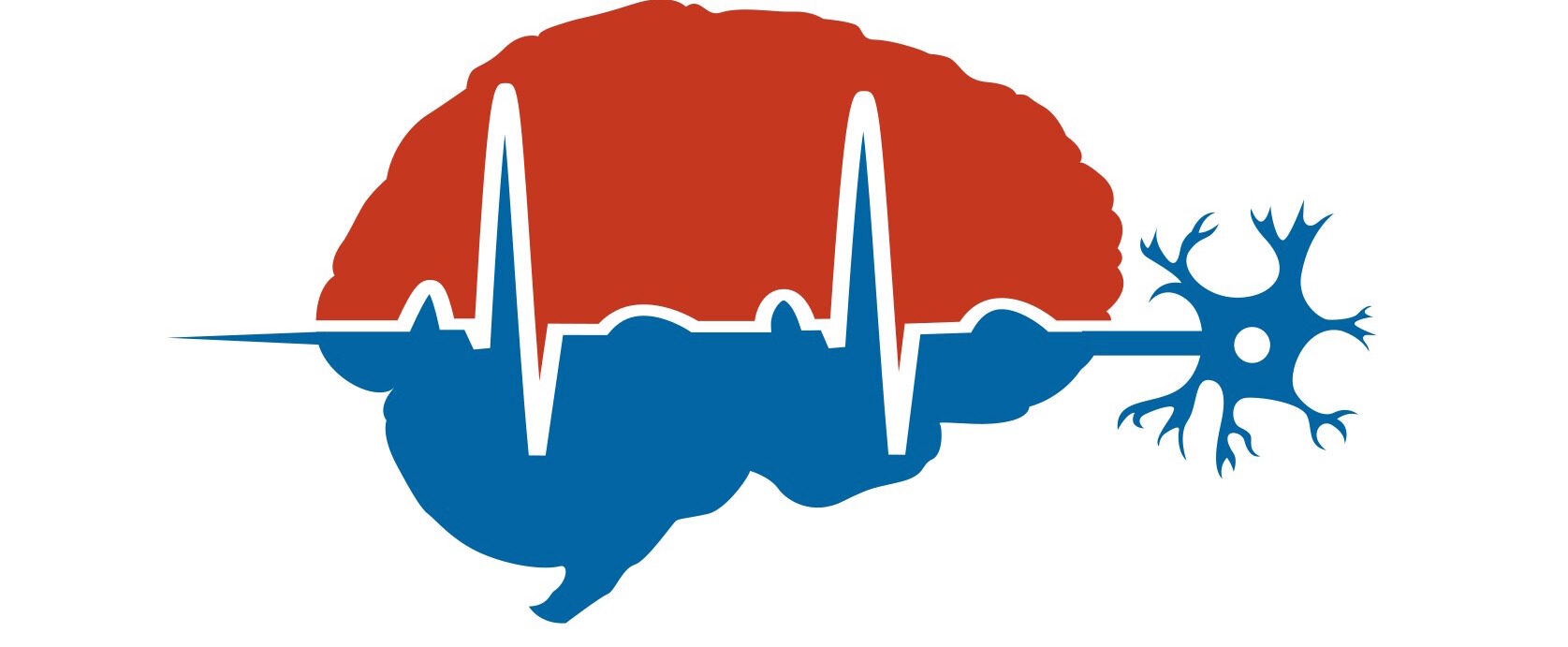
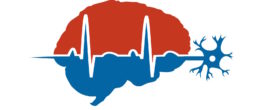
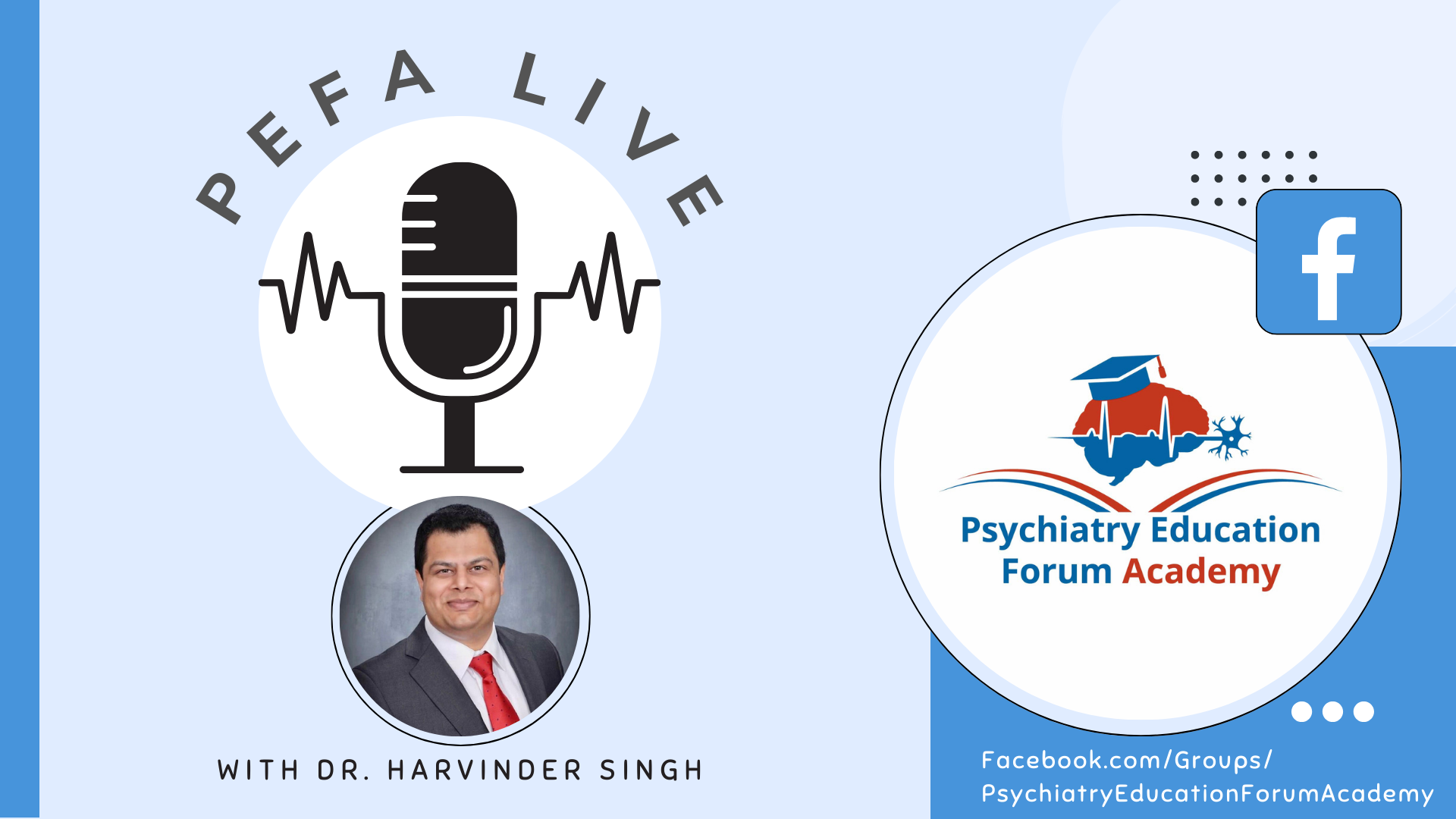
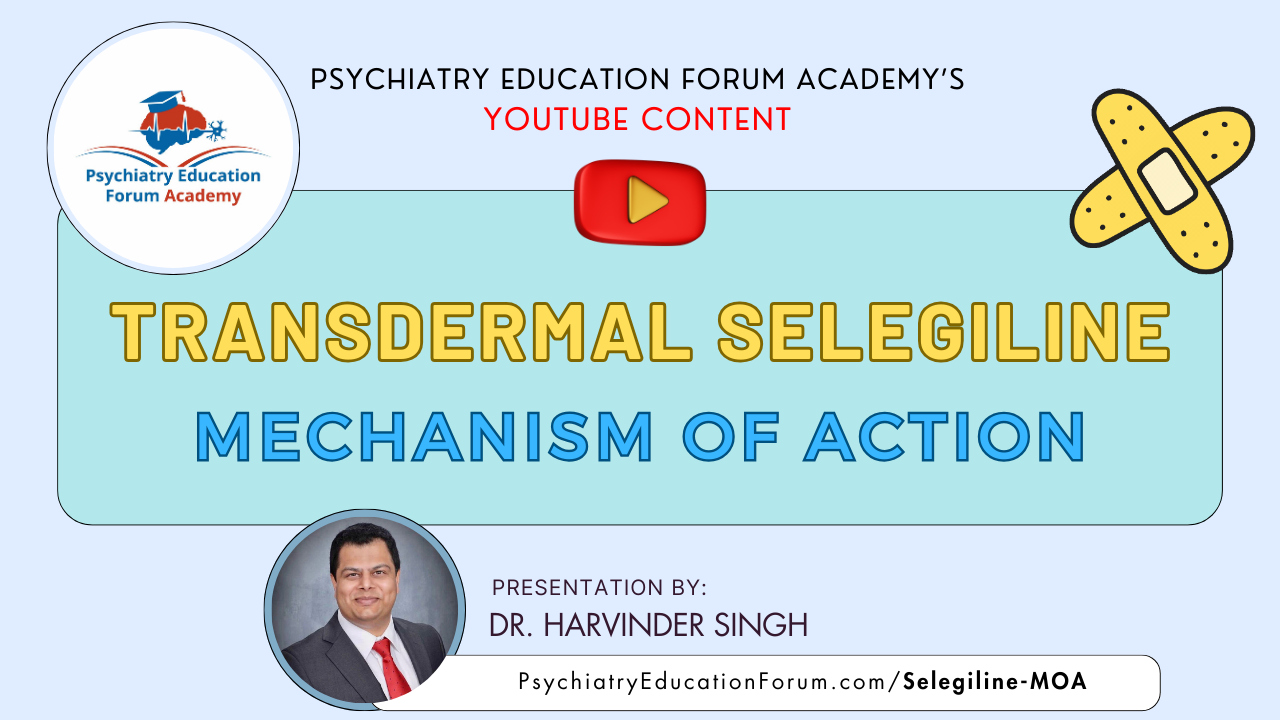
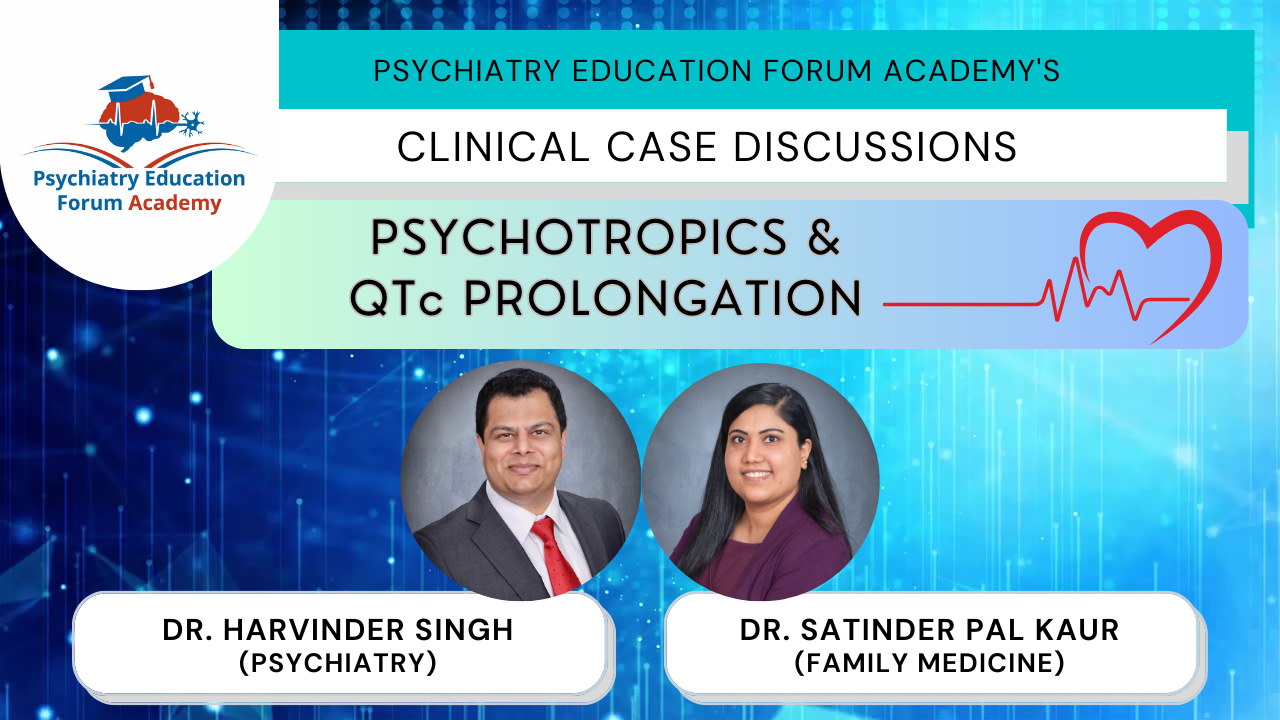
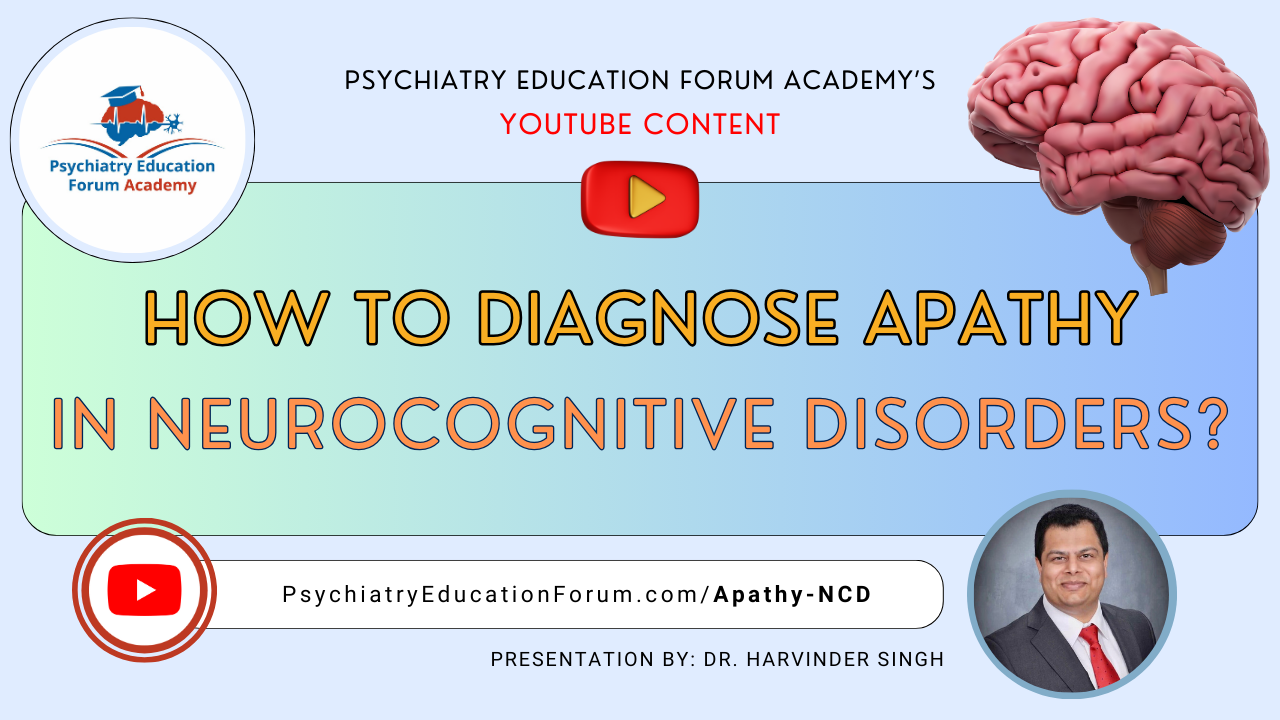
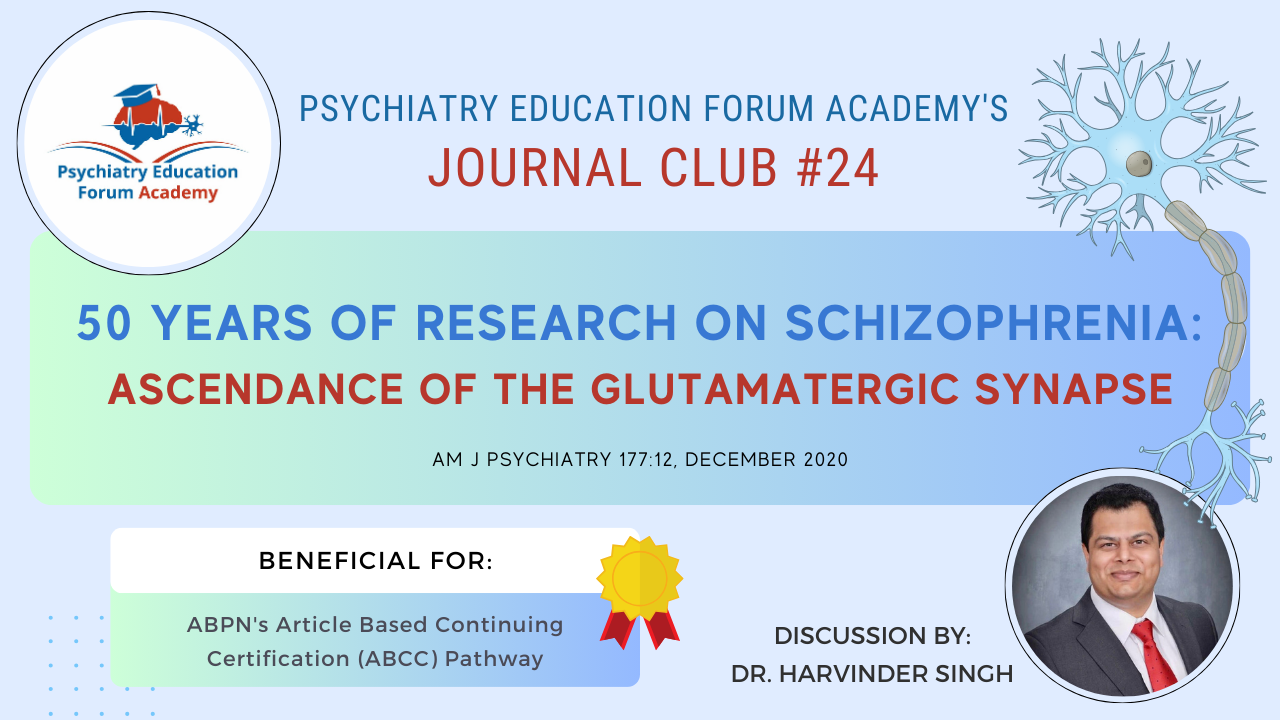
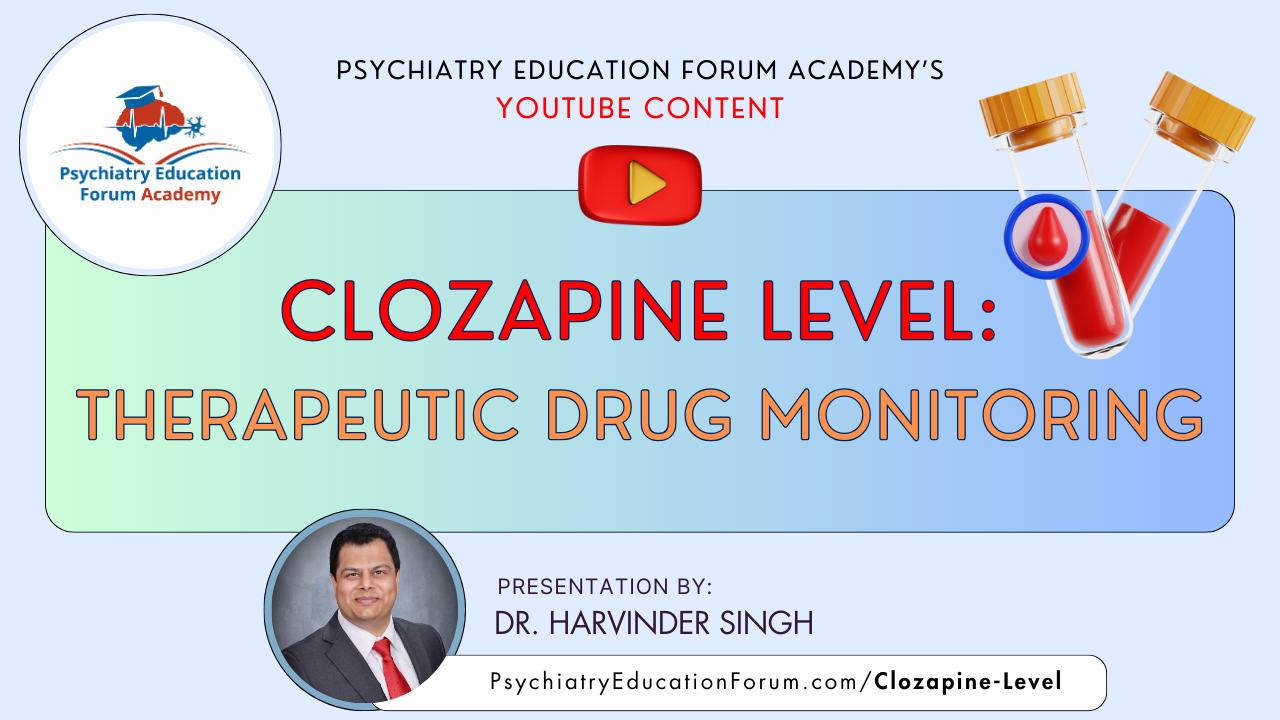
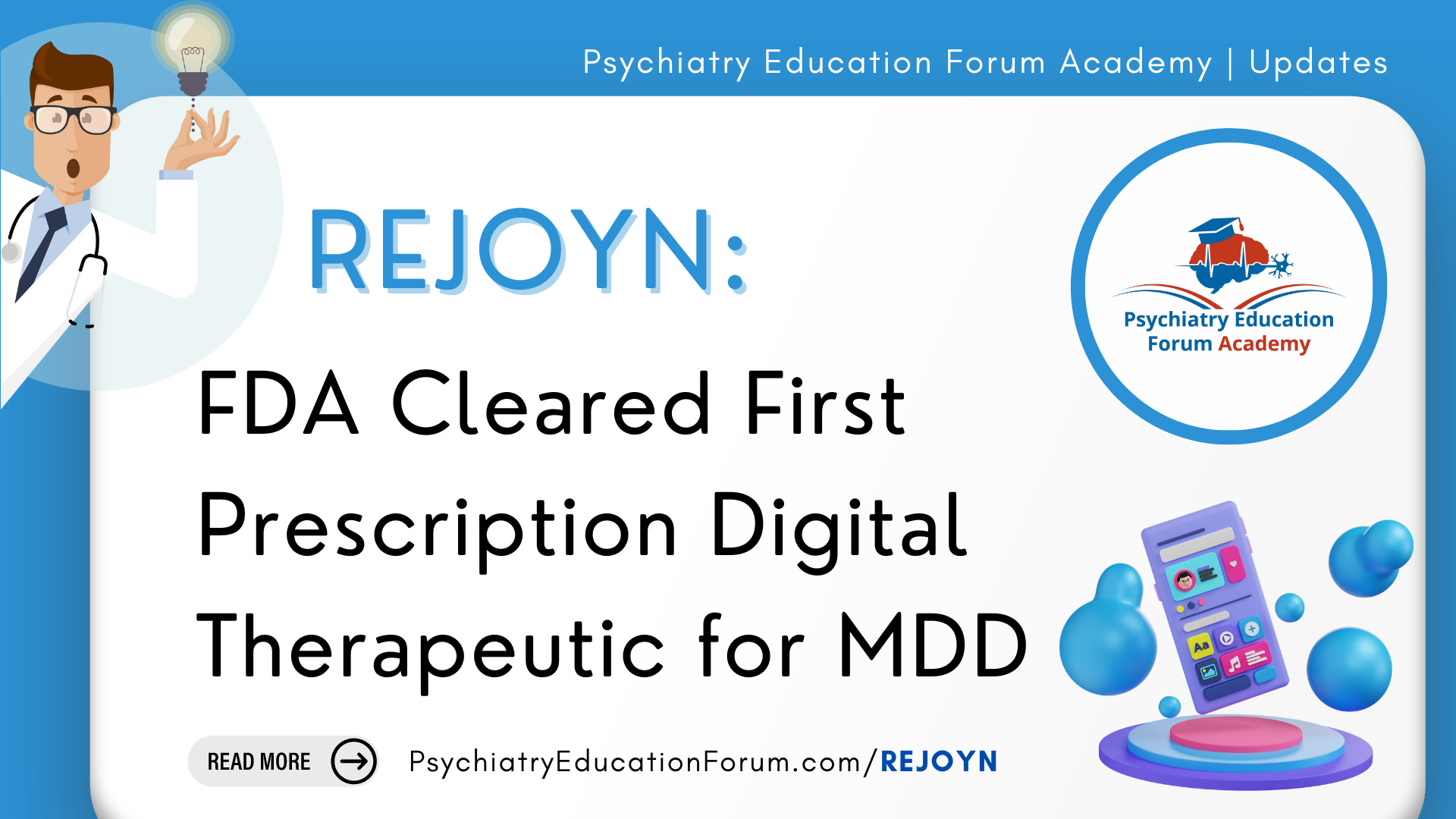
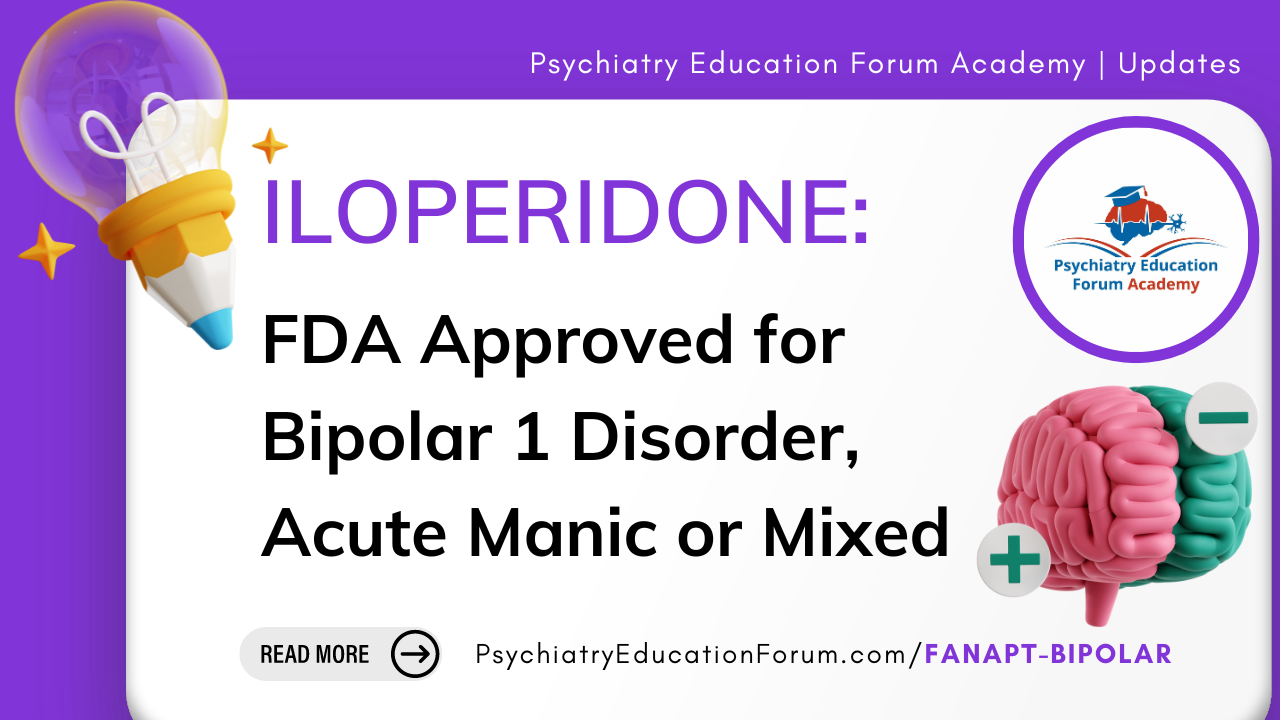



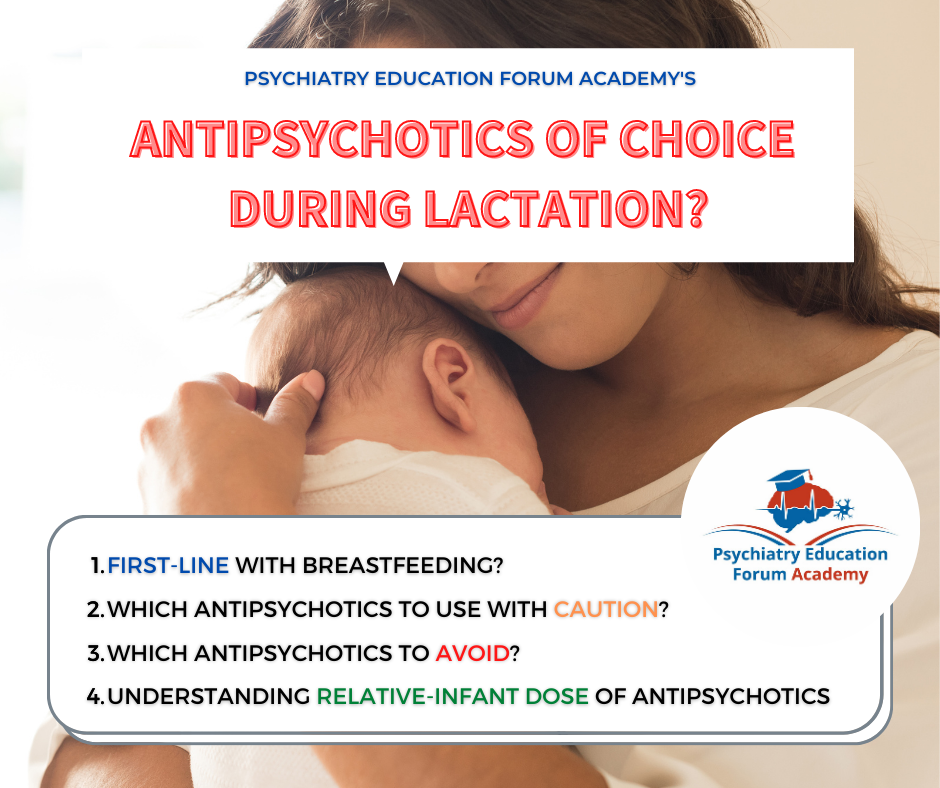
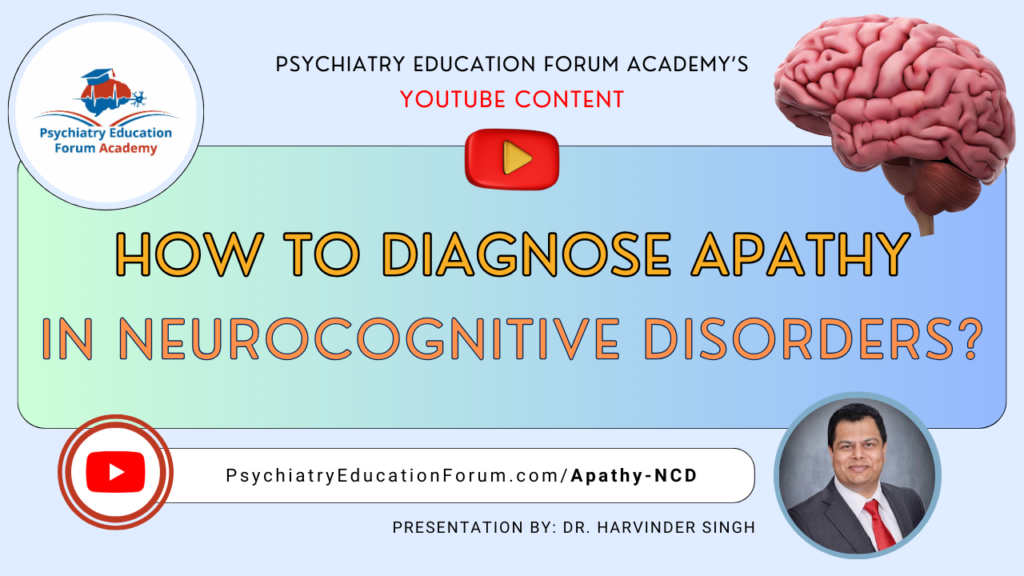

Responses